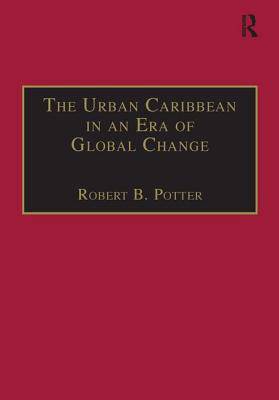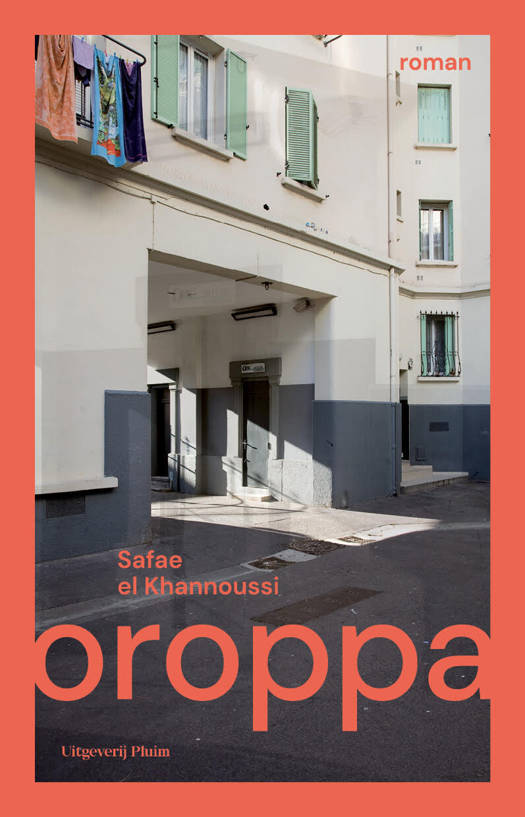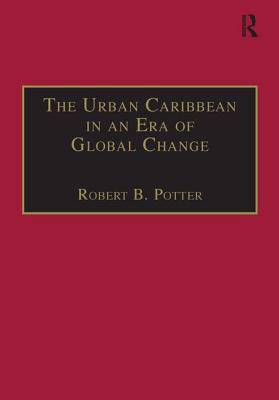
- Afhalen na 1 uur in een winkel met voorraad
- Gratis thuislevering in België vanaf € 30
- Ruim aanbod met 7 miljoen producten
- Afhalen na 1 uur in een winkel met voorraad
- Gratis thuislevering in België vanaf € 30
- Ruim aanbod met 7 miljoen producten
Zoeken
€ 195,95
+ 391 punten
Uitvoering
Omschrijving
Based on the author's first hand field research, this book addresses the twin processes of urbanization and globalization as they affect the contemporary Caribbean region. One of the key aims of the book is to focus attention on the fact that contrary to popular perceptions, the Caribbean is highly urbanized. Indeed statistics show that the region is more highly urbanized than the world taken as a whole. In addition, the fact that the Caribbean region has always been affected by processes of globalization, in respect of its economy, polity and society, is central to the text. The chapters cover pressing topics such as urban change and the evolution of mini-metropolitan regions, the importance of the mercantile and plantopolis frameworks, tourism, post modernity and the urban nexus, economic change and the dual processes of global convergence and divergence, and the nature of the relationships existing between the state, the informal sector, housing and environmental conditions. In reality, it is shown that the development of tourism and enclave manufacturing is leading to new forms of urban concentration, and not spatial dispersal.
Specificaties
Betrokkenen
- Auteur(s):
- Uitgeverij:
Inhoud
- Aantal bladzijden:
- 224
- Taal:
- Engels
Eigenschappen
- Productcode (EAN):
- 9780754611394
- Verschijningsdatum:
- 28/04/2000
- Uitvoering:
- Hardcover
- Formaat:
- Genaaid
- Afmetingen:
- 152 mm x 219 mm
- Gewicht:
- 439 g

Alleen bij Standaard Boekhandel
+ 391 punten op je klantenkaart van Standaard Boekhandel
Beoordelingen
We publiceren alleen reviews die voldoen aan de voorwaarden voor reviews. Bekijk onze voorwaarden voor reviews.











